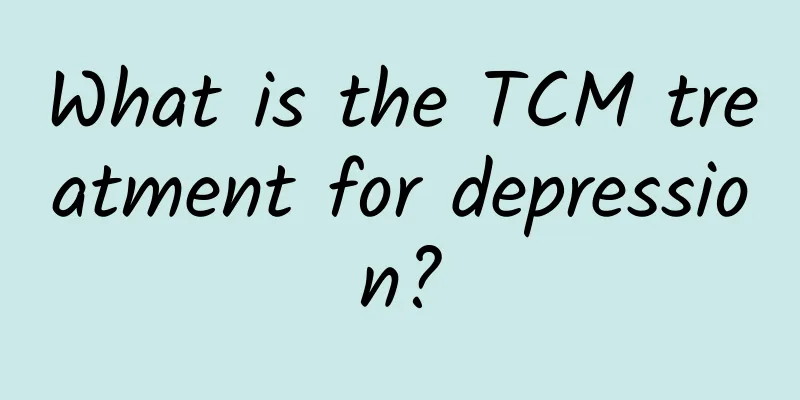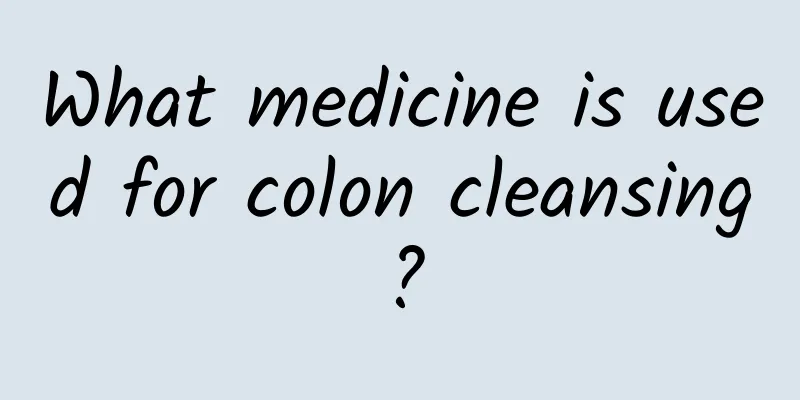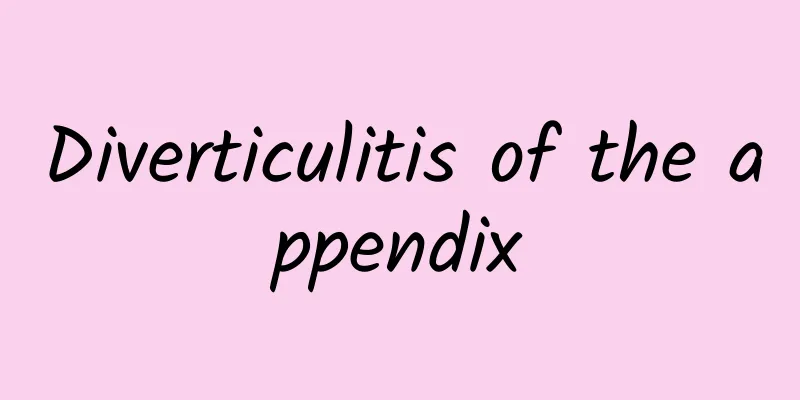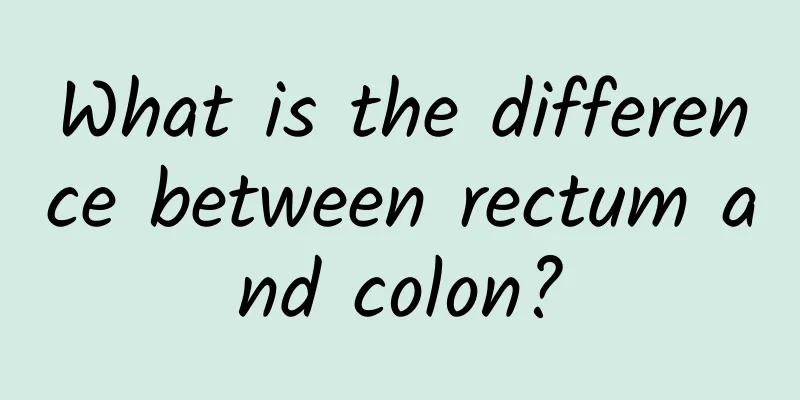What is the TCM treatment for depression?

|
Speaking of depression, many friends think that this is a mental illness. If you want to treat it, the best way is to find a psychologist and then take some medication. This is the most correct treatment method. Little do people know that Chinese medicine has also done research on the treatment of depression. Therefore, if Western medicine treatment is not effective, you might as well use Chinese medicine to treat depression. So, what are the specific TCM treatments for depression? Regarding depression, traditional Chinese medicine believes that it is a disease caused by the inability to harmonize qi and blood normally, and the involvement of the liver, spleen and heart. Therefore, the treatment with traditional Chinese medicine is to relieve the stagnation of liver qi and harmonize the qi of the five internal organs. Each patient's condition is different, and there are many considerations when it comes to treatment. Steps/Methods Liver depression and spleen deficiency. This syndrome is caused by emotional frustration, liver depression suppressing the spleen, emotional damage, liver dysfunction, spleen deficiency and qi stagnation, excessive thinking, emotional instability, pessimism and world-weariness, sighing and groaning. Liver qi stagnation and qi stagnation, so there is swelling and pain in the flanks. Liver depression takes advantage of the spleen to attack the stomach, resulting in abdominal distension and diarrhea, fatigue, poor appetite, pale red tongue, thin white tongue coating, and thready and wiry pulse, all of which are signs of liver depression and spleen deficiency. The key points for diagnosis are excessive worry, excessive sighing, fullness in the chest and flanks, abdominal distension, diarrhea, fatigue and poor appetite. Qi stagnation and blood stasis. This syndrome is caused by long-term qi stagnation, poor blood flow, and accumulation of phlegm and blood. The key points of diagnosis are depression, slow thinking, dull complexion, bloating and pain in the ribs, and a purple tongue with ecchymosis. If the liver blood stagnates and the liver loses its normal function, the person will become depressed, irritable, have phlegm and blood stagnate, and be restless, so that his thinking, association and movements are slow. Liver depression and qi stagnation. It will cause swelling and pain in the ribs and amenorrhea in women. A dull complexion, a purple tongue or one with bruises, and a deep, stringy pulse are all signs of blood stasis. Deficiency of both heart and spleen. This syndrome is caused by excessive thinking and fatigue which damage the heart and spleen, resulting in deficiency of heart blood, malnutrition of the mind, and restlessness of the spirit, leading to insomnia, forgetfulness, lack of interest, dizziness, easy fright, and easy sadness and crying. If the spleen is weak, one will feel tired and weak. If the spleen fails to function properly, one will suffer from abdominal distension and loose stools. A pale or sallow complexion, a pale tongue with white coating, and a thready and weak pulse are all signs of insufficient Qi and blood. The key points of diagnosis are insomnia, forgetfulness, lack of interest, palpitations, dull complexion, pale tongue and weak pulse. Deficiency of spleen and kidney yang. This syndrome is caused by congenital deficiency, long-term illness and lack of nourishment, or overwork and sexual intercourse that damage the kidneys, loss of the lower abdomen, decline of the fire in the gate of life, and failure to warm and nourish the spleen yang. Yang is deficient and Yin is excessive, so the patient is listless, depressed, and prefers to lie down and move less. Deficiency of spleen and kidney yang, phlegm and fluid stagnate in the body, rising to the heart, causing loss of mind, resulting in restlessness, fear, palpitations and insomnia. The key points of diagnosis are pale complexion, clear and thin leucorrhea, pale and fat tongue or tongue with teeth marks on the edges, and deep and fine pulse. To sum up, you now understand what the Traditional Chinese Medicine treatment methods for depression are. In fact, for patients with depression, the best treatment is psychological counseling. As family members or friends of patients, we must pay attention to counseling patients more often and make them feel better. This can prevent patients from doing things that hurt themselves. |
<<: Acne on both sides of nose
Recommend
The benefits of olive wine
Olives soaked in wine have certain health-care ef...
Can tooth calcification be restored?
In life, we often hear about calcium supplementati...
How to treat pelvic fracture conservatively?
The pelvis is a very important bone tissue in the ...
What medicine to use for HPV infection
We all know that HPV is also known as genital war...
Does pressing the instep hurt the foot?
For ballet dancers or some competitive athletes, ...
How do cysts on the back of the hand form?
Although mobile phones have brought great conveni...
What is the emergency treatment for hyperkalemia?
What is hyperkalemia? I believe many people will ...
What food is good for babies with cough
For babies, who are relatively young, if they cat...
Benefits of vinegar-soaked ginger for women
Ginger pickled in vinegar is a relatively good he...
Have you ever tried making Maca wine? Can you soak?
Maca wine-making can make the effective ingredien...
Symptoms of myocardial strain
Myocardial strain refers to the situation in whic...
What are the symptoms of poor liver and gallbladder function?
It is inevitable that people will get various dis...
What to do when wisdom teeth hurt
Many people have had wisdom teeth. If you have wi...
Can comfrey oil treat eczema?
Everyone must be very familiar with the word ecze...
Why does my stomach keep making noises when I lie down?
Why does my stomach keep rumbling when I'm ly...









